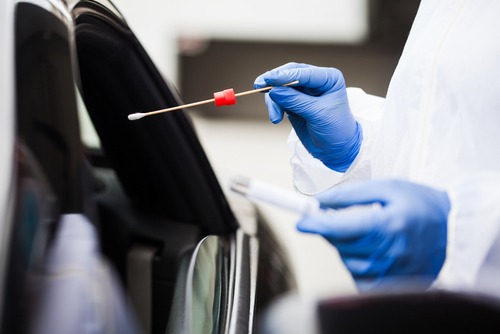
With COVID-19 daily emphasizing how critical health care workers are to modern society, a collection of U.S. senators this week proposed a student loan repayment program to drive recruitment and retention in the field of public health.
The BIO Preparedness Workforce Act was introduced by U.S. Sens. Susan Collins (R-ME), Tammy Baldwin (D-WI), Jacky Rosen (D-NV), and Lisa Murkowski (R-AK). If passed, it would create a new student loan repayment program for infectious disease clinicians, pharmacists, and other public health preparedness and response professionals working in health care settings. Each individual in the program could qualify for up to $50,000 for each year of service, up to a max of $150,000 in loan repayment.
“We need to encourage students to pursue careers in health care and eliminate barriers to getting this vital training — such as nursing faculty shortages or financial disincentives to pursuing certain specialties,” Collins said. “The ongoing public health emergency has underscored the importance of investing in a robust medical workforce.”
The senators proposed authorizing $50 million for this program. Those funds, and the promise of countered student loan debt, dangle the potential to address a lagging workforce capacity and high burnout rates among health professionals. According to a June 2020 study from the Annals of Internal Medicine, pointed to by the senators, only 75 percent of infectious diseases training programs were able to fill enrollment, and average medical student debt tops $200,000.
The result, they argued, is a field deemed financially infeasible for many, even in general internal medicine. That, in turn, affects the lives of all in need — including the 208 million Americans who, in 2020, at least, had little or no access to an infectious diseases provider.
“The COVID-19 pandemic put a major strain on our health care system, especially among our infectious diseases clinical workforce and public health professionals who specialize in bio-preparedness,” Baldwin said. “This bipartisan legislation will strengthen our workforce to help get through this pandemic and make sure we are better prepared for future public health emergencies. We need to use all the tools in the toolbox to be better prepared, and that starts with making sure we support and grow our infectious disease and pandemic preparedness workforce.”
The bill has also received the support of groups such as the American Medical Association and the American Hospital Association.




